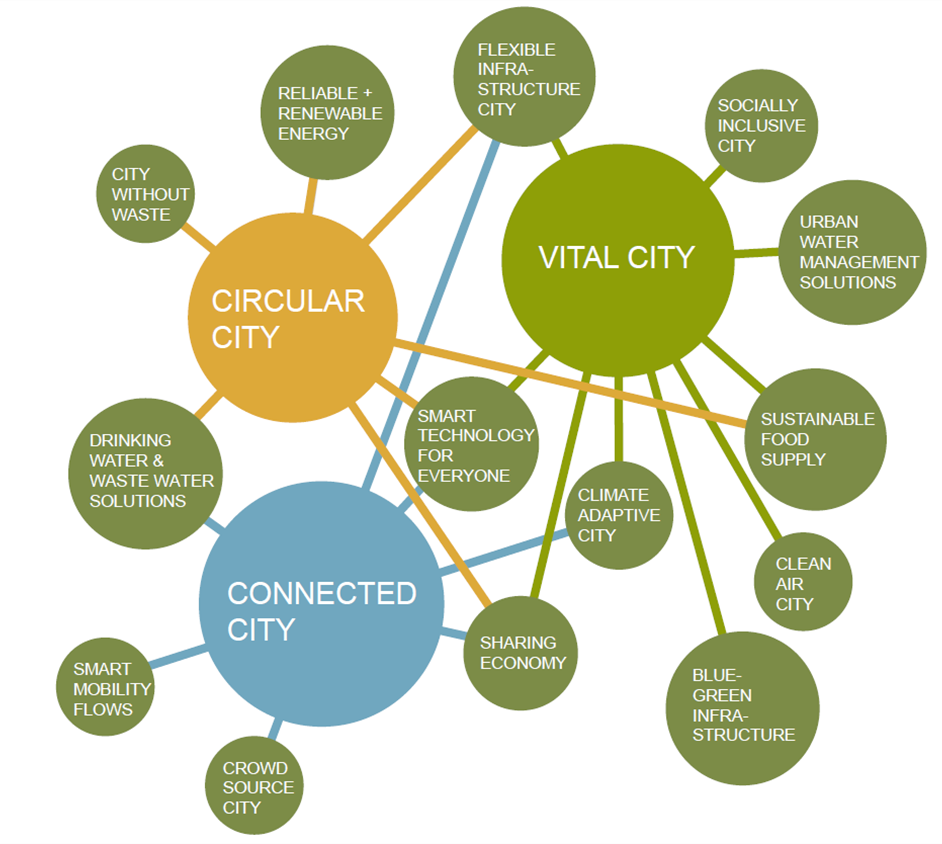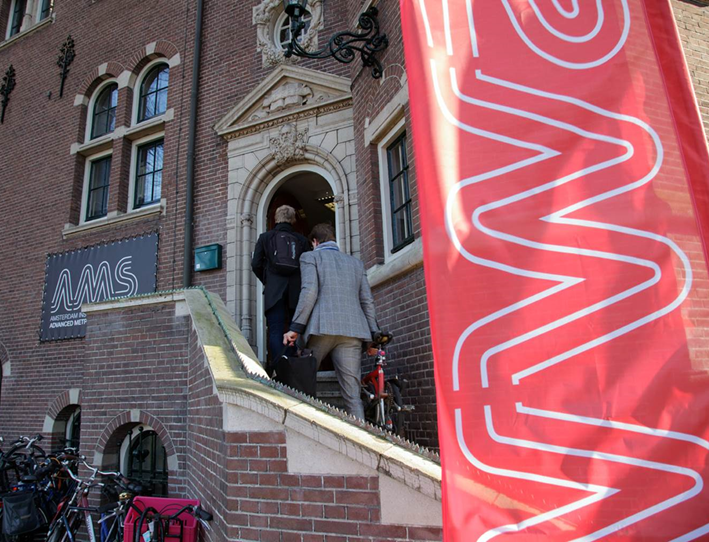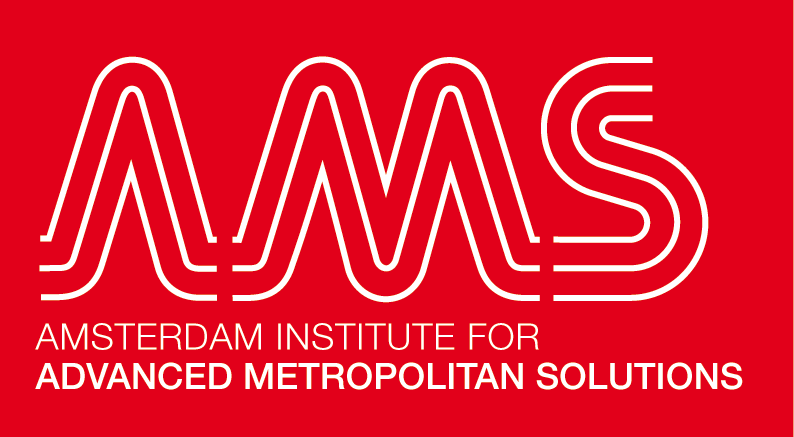What’s Next?
Course subject(s)
7 Synthesis
The AMS Institute seeks to create a Circular, Vital  and Connected city. It furthermore seeks to integrate and optimize the Urban Metabolism, with regards to water, energy, waste, health, mobility and food, in its specific socio-spatial context. As you have learned in this MOOC a lot of urban challenges are characterised by their complexity, interdependency and uncertainty. These can only be solved sustainably if different fields of expertise work closely together and develop solutions for the urban area in an integrated way.
and Connected city. It furthermore seeks to integrate and optimize the Urban Metabolism, with regards to water, energy, waste, health, mobility and food, in its specific socio-spatial context. As you have learned in this MOOC a lot of urban challenges are characterised by their complexity, interdependency and uncertainty. These can only be solved sustainably if different fields of expertise work closely together and develop solutions for the urban area in an integrated way.
Key words are interdisciplinary research, the integration of a variety of stakeholders and co-creation starting from a holistic perspective. Amsterdam is the Living Lab of the AMS Institute to develop and test metropolitan solutions – involving the Amsterdam citizens as testers, users and co-creators. Solutions will be integrated into othe
The AMS Institute has  multiple educational activities in the domain of Advanced Metropolitan Solutions. These activities are in close cooperation with various educational, industrial and societal stakeholders conneted to AMS. Thereby all kinds of learning environments are created where students can work together and practice inter- and trans disciplinarity on real-life cases.
multiple educational activities in the domain of Advanced Metropolitan Solutions. These activities are in close cooperation with various educational, industrial and societal stakeholders conneted to AMS. Thereby all kinds of learning environments are created where students can work together and practice inter- and trans disciplinarity on real-life cases.
The core of AMS Education is the newly developed Master of Science program in Metropolitan Analysis, Design & Engineering (after ministrial approval starting September 2017). This unique two-year MSc program will lead to a joint TUD Delft and Wageningen UR degree. Here you will learn about highly urgent societal questions and their possible solutions in a rapidly urbanising world. Erik Heijmans and Remon Rooij (AMS Education program managers) explain more about the MSc MADE program and its structure in their video on AMS Education, found in section 7.6.1.
Other educational activities of AMS are themed lectures (see calendar for planned talks) on topics related to advanced metropolitan solutions, Summer Schools on Master, Post-master and Professional levels, Online Learning activities such as this and the upcoming AMS MOOC, and Living Lab Studios where students analyse challenges and develop solutions for clients from the private and public sectors.
More information on AMS Educational activities can be found on their website and you can subscribe to receiving updates about these activities here.
We’d love to hear from you!  Not only about this MOOC but also about what interests you, what challenges you face in your urban areas and what great solutions you have found. You can engage with us on Linkedin, Facebook andTwitter. If you want to receive regular updates from the AMS Institute or want to be notified of AMS Educational activities, you can subscribe to the newsletters here.
Not only about this MOOC but also about what interests you, what challenges you face in your urban areas and what great solutions you have found. You can engage with us on Linkedin, Facebook andTwitter. If you want to receive regular updates from the AMS Institute or want to be notified of AMS Educational activities, you can subscribe to the newsletters here.
As we are drawing to an end of this MOOC, it’s time to say good bye. We have thoroughly enjoyed your contributions to the Practical Assignments, 100×100 challenges and the Discussion Forums. They have been very insightful and help us develop better solutions to the grand challenges that we face. We also thank you for your patience with the technical errors that we had.
Finally, we would like to thank you for joining us on this exciting journey and we hope to see you again at one of the AMS activities!
The AMS Course and Support teams.
Wageningen UR and TU Delft on behalf of the AMS Institute


Sustainable Urban Development by TU Delft OpenCourseWare is licensed under a Creative Commons Attribution-NonCommercial-ShareAlike 4.0 International License.
Based on a work at https://ocw.tudelft.nl/courses/sustainable-urban-development/.



